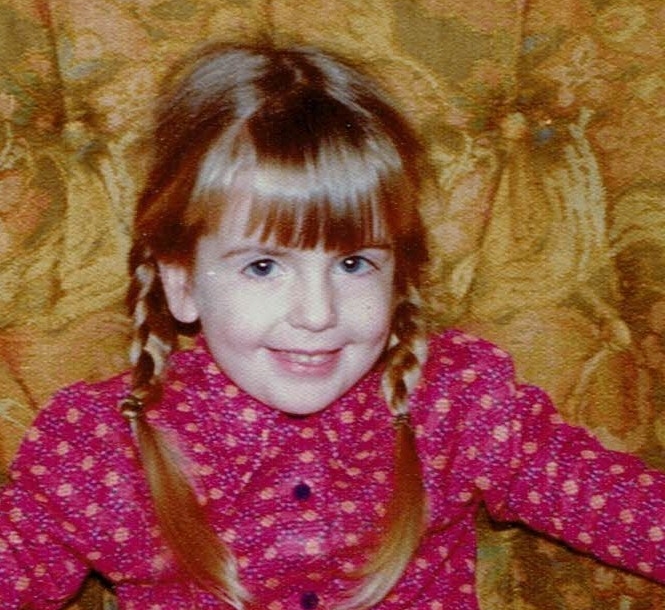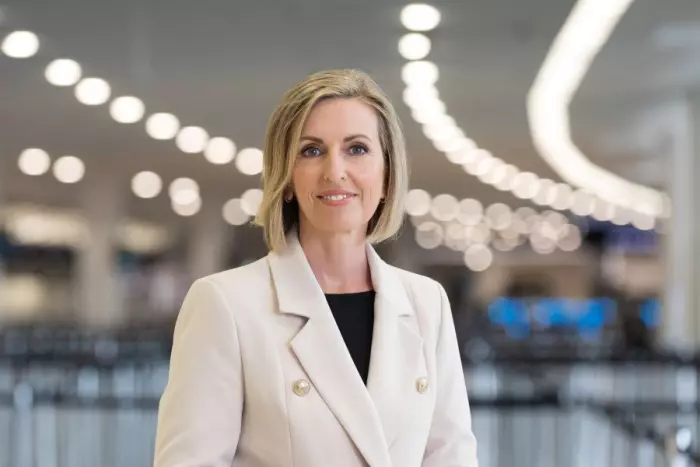Welcome to My Net Worth, our regular column on the lives and motivations of our country’s top business, legal and political people in their own words.
Carrie Hurihanganui came to New Zealand on holiday more than three decades ago and never left. Next Tuesday, she starts work as the chief executive at Auckland International Airport, the country’s main aviation gateway, which awaits a reopening of the covid-locked borders. She is no stranger to the impact of aviation on the airline business, having worked at Air New Zealand for most of her career, starting as a member of the air crew on international routes and working her way up to the senior leadership team, where – after a short interlude in Melbourne as National Australia Bank’s executive general manager of customer experience – she was most recently chief operating officer, overseeing a workface of more than 6000. Illinois-born, she’s no doubt happy to see Air New Zealand committing to Chicago as one of the runs it will look to resume as quickly as possible. However, in her new role, playing favourites with the alma mater is out. The relationship between international airlines and airports can be a fractious one, but Hurihanganui is optimistic that her understanding of the industry from the inside will be an asset.
I’m from the midwest United States, about an hour north-west of Chicago. Rockford, Illinois. It's about 150,000 people. I arrived in New Zealand 1989, so 33 years this year.
The one thing I don't miss is the winters. Auckland's climate suits me just fine. I'm one of three, the youngest. My father was in the automotive trade and my mother was a teacher for intermediate age. I went to primary school and high school there and ended up doing university here in New Zealand.
Growing up, I was strong willed and independent, or so my parents tell me. I thought I was just fine. Track and field was always my thing, my sport in school. I was curious. I had a love of languages. The likes of science and maths, as a teenager, I just didn't play in that space.
I became friends with an exchange student. She'd come to the US and we thought it was a great idea to come to New Zealand for a holiday before uni, and I met a Kiwi bloke, as you do.
I went to Massey University. It took a couple of years but once I knew I was going to stay, I started study again part-time while I was working. But taking two, maybe three papers wasn't meeting my goal of trying to move things along. So I went flying as long-haul cabin crew with Air New Zealand so I could chuck my study books in my suitcase and, in effect, study full time while working full time. (She graduated with a bachelor of business studies degree.)
 Carrie Hurihanganui aged three.
Carrie Hurihanganui aged three.
One thing I’ve learnt is that businesses need to be careful that they don't convince themselves they are more complicated or complex than anyone else and therefore put hurdles in place to drive improvement.
Empathy and popularity are two very, very different things. But you can bring empathy into any engagement. So even if you have a performance issue with someone, discussing it and understanding their perspective, their reality of how they're thinking, generally allows you to have a more productive discussion, even if it's a hard conversation.
I’m proud of the work at Air New Zealand. The standout for me probably would come back to around 2014. We wanted to dig deep into the customer experience and the products and services: what customers valued, what they didn't, why. We made a tremendous number of changes there and within of a two-and-a-half-year period, we saw a step change in the feedback we were getting from our customers; that translated into customer satisfaction. It took us to historic highs.
One of the things that didn’t go so well was that we were looking to encourage innovation. But actually, if you want to do that consistently, you need to have some framework for that. I had the theory knuckled down, had done some great research: benchmarking and best practice. It didn't land well in the organisation. The key learning is that it’s not only the “what you want to do, why you want to do it”, but “who do you want to do it with?” Who is in the same hemisphere that you are? I didn't spend the time I needed to spend with key relationships.
My best piece of business advice is to be open minded. As we get into our careers, you start to have the key fundamentals and principles that have served you well in your career. And it's easy to rest on those if you're not careful.
I was always envious of people who set that goal of “I want to be a vet or I want to be a lawyer” and stuck to it. I was always far more, I'll say exploratory, in my career. So it's been later in my career that the ambition of being a CEO has taken form. I think that often, people, when they get to my age group start to think and look for those opportunities to have a larger, positive impact.
International travel is the big question. When that comes back, I think you'll see probably see people taking shorter trips, which would be to the Pacific islands and across the Tasman. People need to gain confidence. But I’m incredibly optimistic that it will recover.
Personal travel hacks come down to the packing. Particularly if you did a little bit of shopping while you were overseas. Depending on how you fold them, you can fit an amazing amount of clothing into a suitcase. The other hack is to take your own food. I think crew still do it to this day. The US is not so bad, but there are some destinations you go to that after 14 hours on duty…
As told to Pattrick Smellie.
This interview has been edited for clarity.











